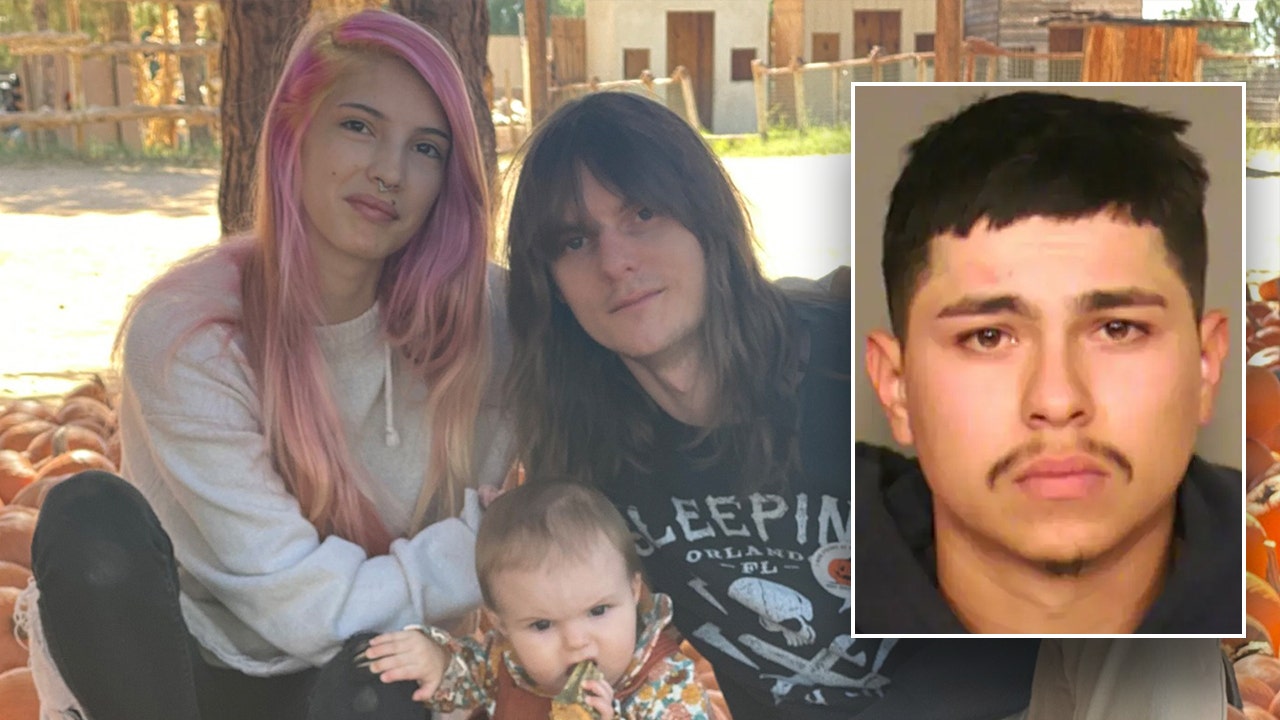In 1963, Leola Hubbard voted for the first time. She was 21, and she sent her absentee ballot home from college in Georgia to be counted in Montgomery County, Pa.
On Tuesday, Ms. Hubbard voted again in Montgomery County, in the Pennsylvania primary. She is now 81, and to her knowledge, she has not missed voting in an election — primary or general — in the 60 years in between.
Ms. Hubbard and 15 others with comparably impressive voting records are the newest members of the Voter Hall of Fame in the county, a tradition that rewards outstanding civic engagement among people who have voted in at least 50 consecutive general elections.
In a year when all attention seems to be on the presidential election in November, and when even the presidential primaries were effectively over before many states had voted, Ms. Hubbard and others like her stand out for what one county commissioner called an “unshakable faith in our democratic process” that goes far beyond the typical American.
Ms. Hubbard, who is African American, cast her first ballot before the Voting Rights Act of 1965, which banned practices aimed at restricting Black Americans from voting, like poll taxes and literacy tests. Her racial identity and participation in the civil rights movement are both part of her motivation for maintaining her stellar voting record, she said.
“I know how strenuously people fought for the right,” she said. “I just felt that I owed it to all of those people who had put so much effort into getting us the right to vote.”
Voting this often is rare. Fewer than 10 percent of Pennsylvania voters have voted in all of the past 10 general elections. Even fewer have kept it up for longer. In last year’s election, when voters elected a judge to the state’s Supreme Court, only about a third of Pennsylvania voters cast a ballot.
Pennsylvania’s most engaged voters are more likely to be white than less-engaged voters and also more likely to be married, according to data collected by L2, a nonpartisan voter data vendor. They are split evenly between men and women, even though women make up 52 percent of registered voters in the state. And they are more evenly split between Democrats and Republicans than the population as a whole, where Democrats have a five percentage point edge over Republicans.
Membership in the Hall of Fame is partly based on the honor system. Easily accessible voter records span only a couple of decades in Montgomery County, so voters attest to their participation in earlier elections when they apply to be included.
In interviews, inductees into the Voter Hall of Fame described the practices that got them to the polls consistently. Rosemary Hinkle, 70, of Abington Township, Pa., who was inducted into the Hall of Fame with her husband, Alan Hinkle, 73, said that her parents were “committed voters.”
“I remember as a kid going into the voting booth with them and being fascinated, and thinking, That’ll be cool someday when I can do that,” Ms. Hinkle said.
Mary McNulty, 71, a Republican who retired from the mail industry and lives in Lansdale, Pa., also spoke about involving her family in voting. “My oldest daughter was 8 days old when she went to the voting booth for the first time,” she said. That daughter, now 48, encouraged Ms. McNulty to apply for the Hall of Fame.
Gregory Holt, 77, a Democrat who lives in Willow Grove, Pa., said he had voted in every primary and general election since registering in 1968, casting more than 100 votes.
Mr. Holt, a former township commissioner in Abington who is now retired, treats voting as part of a routine. “Just like anything else in life, if you make it a habit, once you vote two or three times in a row, you start to automatically come out and vote,” he said.
He is also accustomed to showing up at the polls as soon as they open, a practice that he said had grown increasingly important to him as he ages. “I’m voting at my earliest opportunity to make sure my vote is cast,” he said. “And if the Lord strikes me down a half-hour later, hey, I voted.”
Counties across Pennsylvania have held Voter Hall of Fame ceremonies since at least 1982. Officials typically host the ceremonies in nonpresidential election years, when there is more time for side projects.
But Neil Makhija, 37, a Democrat and one of Montgomery County’s three commissioners, said he was inspired to revive the Hall of Fame ceremony in part because of unfounded rhetoric about election fraud. He said he wanted to combat that by “trying to uplift that sector of our community that very much has faith in the process.”
Thomas DiBello, 61, a Republican county commissioner who, with Mr. Makhija, handed out paper certificates to honorees and posed for photos during the early April ceremony in Norristown, said voting in off-year elections was “as important or even more important than these presidential elections” given that local elected officials “affect our community and affect you every day.”
But even in Montgomery County, where President Biden received more than 60 percent of the vote in 2020, some residents have voiced concerns about election integrity during Board of Elections meetings, even though claims of widespread election fraud have been repeatedly debunked.
A particular target has been mail-in voting, which was made available to all Pennsylvania voters as part of a bipartisan 2019 law and which saw widespread adoption during the pandemic in 2020. The sheer volume of mail ballots meant they took days to tabulate in some counties, delaying a result in Pennsylvania for four days.
The voices casting doubt on the electoral process include Mr. DiBello. In May 2020, before he was commissioner, Mr. DiBello wrote in a Facebook post that the governor at the time was “doing his best to promote and force fraudulent voting by mail” and said the voter lists were full of “dead voters and fake voters.” The only validated claim of such fraud in Pennsylvania’s 2020 election came after a man cast a vote for Donald J. Trump in the name of his dead mother.
In an interview after the ceremony, Mr. DiBello refused to address the validity of the 2020 election and continued to push concerns about parts of the voting process. “There’s questions that I have around the voter rolls,” he said. “There’s questions that I have around leaving drop boxes open 24/7.”
Even as absentee voting has been shown to be secure, the state has made changes since 2020 aimed at increasing trust and transparency. A 2022 law, Act 88, barred private groups from providing funding to run elections and made millions of dollars available to cover election costs.
Once polls close, counties that accept Act 88 funding must tally mail ballots continuously until the count is complete in an effort to make results available more quickly. The law also introduced new auditing and reporting requirements for counties to ensure they are in compliance with election law.
Mr. Makhija holds out hope that programs like the Voter Hall of Fame will help foster even more voter confidence.
“In my most optimistic state, I think most people still recognize that the system works, that it’s secure, that it’s fair,” he said.
William P. Davis contributed data work, and Kirsten Noyes contributed research.






